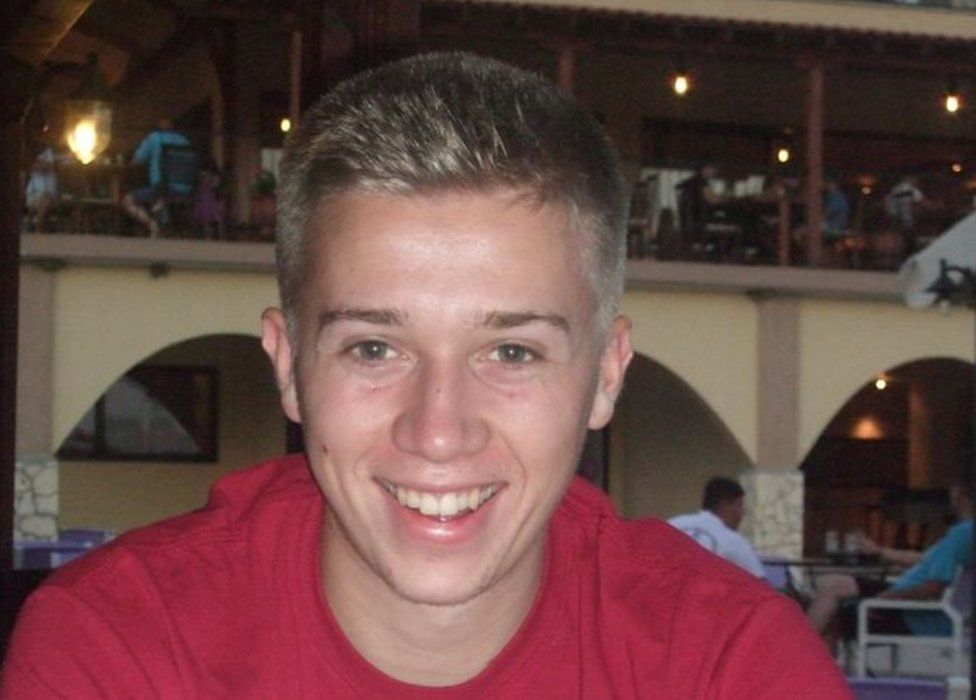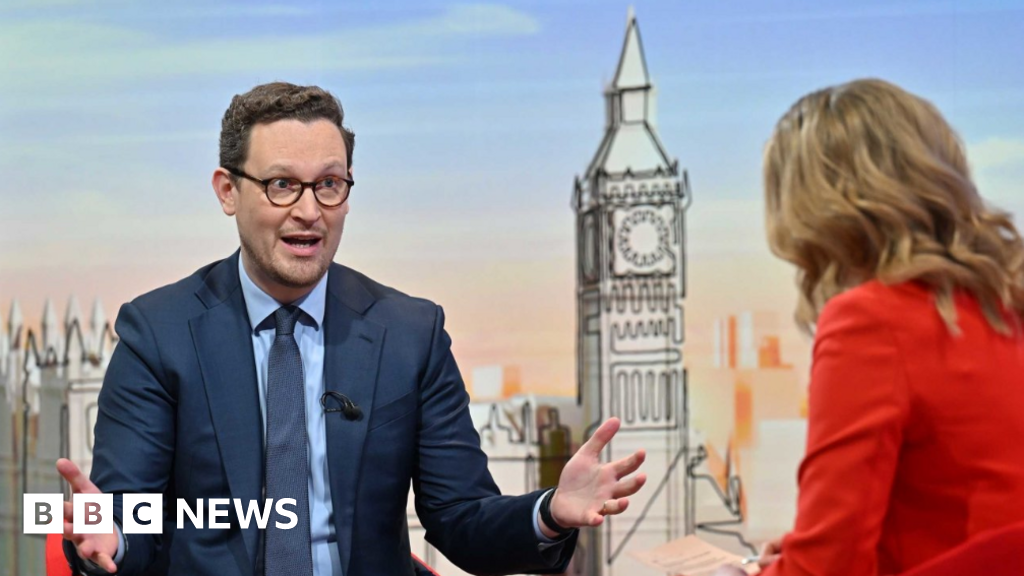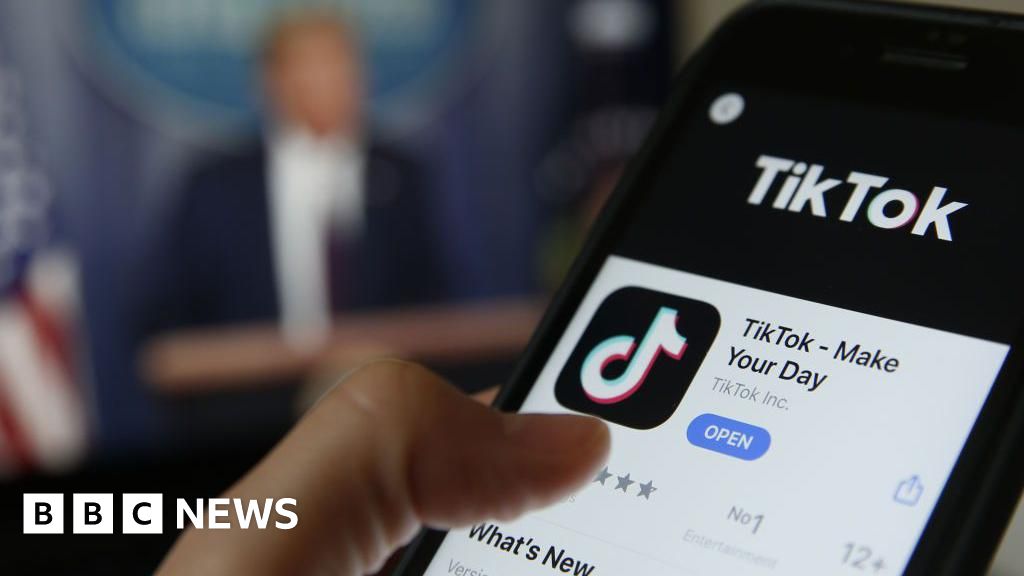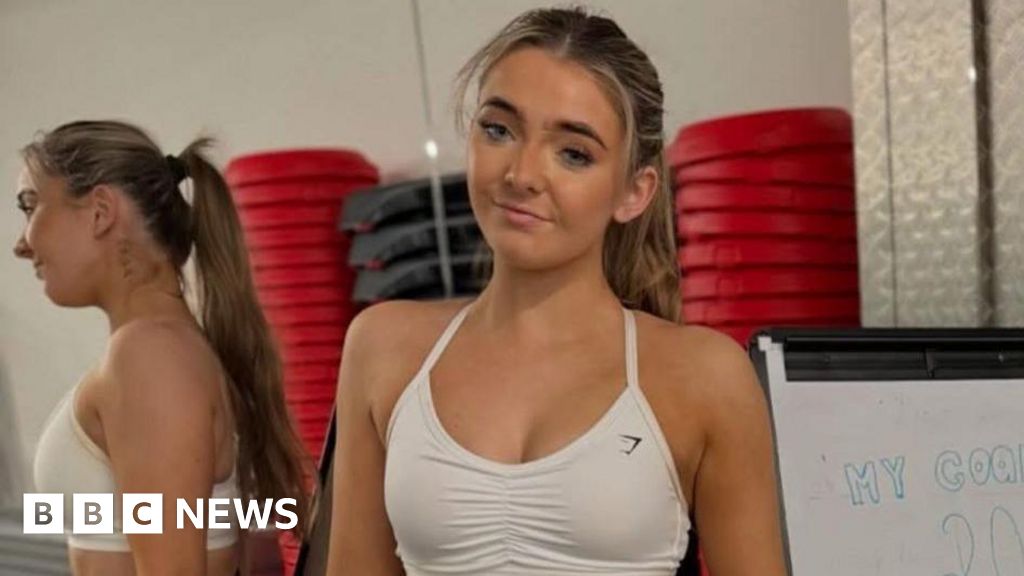ARTICLE AD BOX
 Image source, Pegram family
Image source, Pegram family
Sam Pegram's family say they have spent the past four years fighting legal battles
By Theo Leggett
Business correspondent, BBC News
It is more than four years since a Boeing 737 Max airliner crashed into remote farmland outside the Ethiopian capital Addis Ababa.
One hundred and fifty seven people were killed. On Monday, an inquest in Horsham, West Sussex will finally take place into the deaths of three of the British citizens who were on board.
For relatives of those who died, it is a landmark moment.
Lawyers for the families will be seeking a verdict of unlawful killing.
The inquest will look into the deaths of humanitarian workers Sam Pegram and Oliver Vick, as well as sustainability campaigner Joanna Toole.
"Sam was just a joy to have in your life," his mother Deborah says, blinking back tears. "Right from when he was a little boy, he wanted to help people."
Sitting at home with her husband Mark and her other son Tom, she struggles to find the right words to tell me about the wound that opened up in their lives when the plane went down.
She talks about 25-year-old Sam's smile, and his wicked sense of humour.
"He just made our lives better, really… and he's left a really big hole."
The family have spent the past four years fighting legal battles, trying to gain some kind of justice for Sam, as well as to obtain compensation.
Now they're simply exhausted.
"It's just been a constant struggle," says Mark. "I mean, on top of the grief and the normal things that you deal with having lost somebody, you to have to continually relive it.
"You have to tell that story to your lawyers, to opposition lawyers, to a forensic psychologist… going right into the depths of what you were feeling the day you found out.
Flight ET302 crashed because of a design flaw.
Flight control software that was meant to be used in very limited circumstances to make the plane easier and more predictable to fly deployed at the wrong time due to a sensor failure.
It pushed the aircraft into a catastrophic dive, despite the pilots' frantic efforts to keep it in the air. But arguably that plane should never have left the ground in the first place.
Just months before, an identical failure had caused another 737 Max to crash into the sea off Indonesia, costing 189 lives. Yet the model was allowed to continue flying.
Image source, Reuters
Image caption,Ethiopian Airlines Flight 302 crashed in 2019
Boeing later admitted responsibility for the loss of ET302.
But under the terms of an agreement reached with the US government in 2021, it gained immunity from prosecution, in return for paying $2.5bn in fines and compensation.
That deal was done quietly, without the knowledge of the victims' families. It has been challenged in court, so far without success.
Sam's brother Tom is furious at what he sees as a failure to hold anyone to account for the disaster.
"I feel like, how can you believe in justice when there's people that are responsible for hundreds of deaths?" he says.
"You'd think in a world where there's justice, within weeks or months there would be people in prison. And there obviously isn't, to this day."
At the recent Paris Airshow, I met one of Boeing's top executives, chief strategy officer Marc Allen, and I asked him if he had a message for the bereaved families.
After expressing "such deep sympathy and condolence" for those who lost loved ones in both crashes involving the 737 Max, he emphasised Boeing's new commitment to safety.
"We can be sure we can show up and tell them, 'here's what we do better now, in the face of this terrible, terrible loss,'" he said.
Reeling off a long list of changes that have been made within the company, he told me he disagreed "with this idea that there hasn't been full accountability throughout the organisation".
Image source, Toole family
Image caption,Joanna Toole was one of three British passengers on board flight ET 302
For the Pegrams though, these were "just words".
For the family now, the priority is to keep Sam's memory alive. They plan to use compensation funds from Boeing to set up a charitable foundation, to promote the humanitarian causes he cared about.
"We can help refugees, asylum seekers, and we can also help young people who want to go and do the work like Sam did," says Mark.
Meanwhile, with the crash having occurred in Ethiopia, and most of the legal wrangling in the United States, the inquest is seen as a vital step.
It is the only formal inquiry into the affair to take place in this country, and the verdict - though largely symbolic - could send out a powerful message.
And for Joanna Toole's father, Adrian, it also serves another purpose.
"For me, it represents what may be my only opportunity to actually talk about Joanna to what is effectively a captive audience," he says.
"And what I hope to point out is what has been lost with Joanna's death.
"To her partner, Paul, to me, and to the international sustainability effort."

 1 year ago
36
1 year ago
36








 English (US) ·
English (US) ·